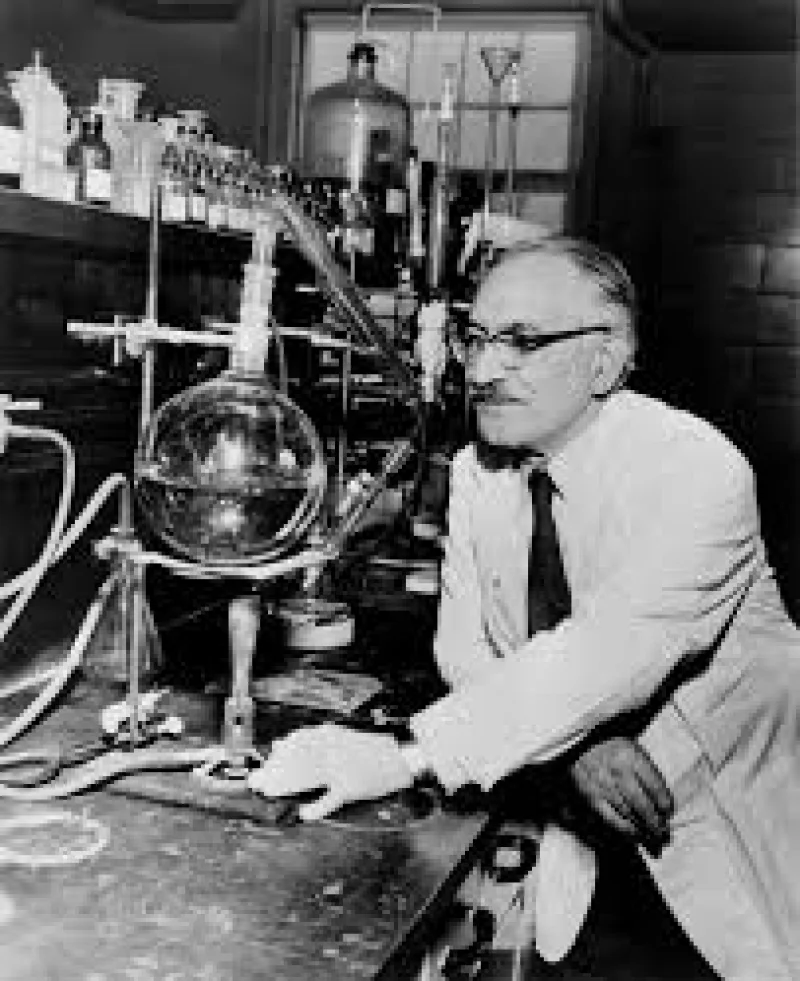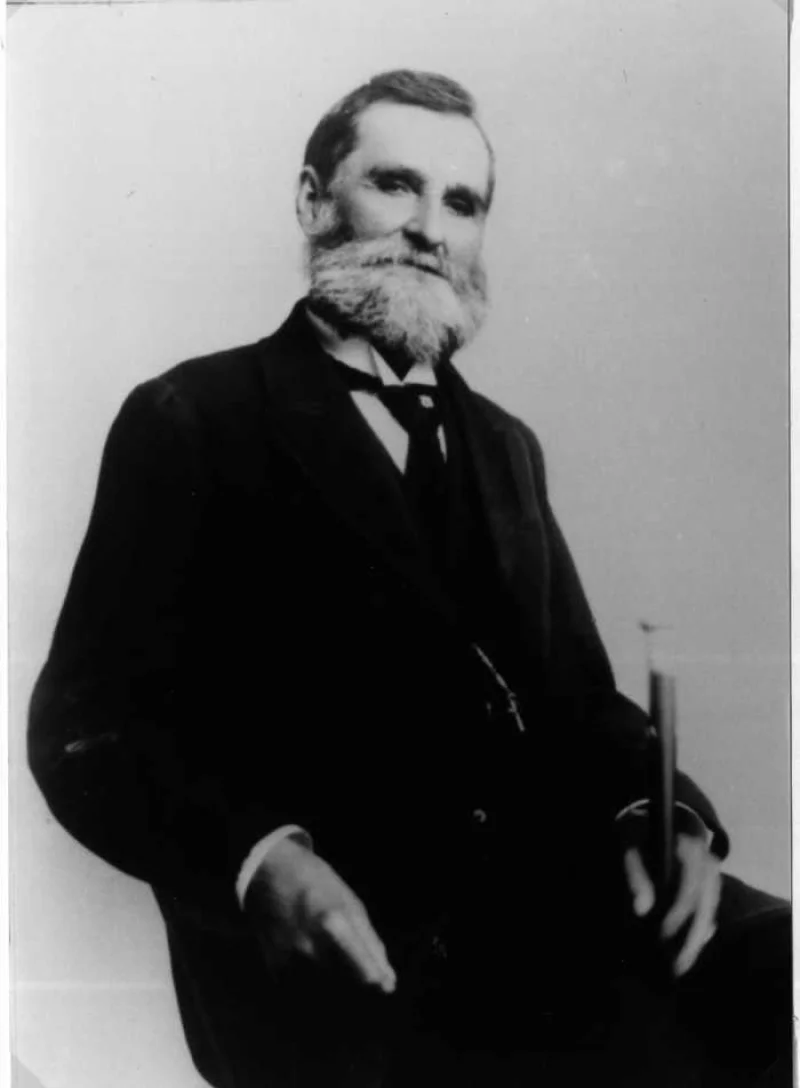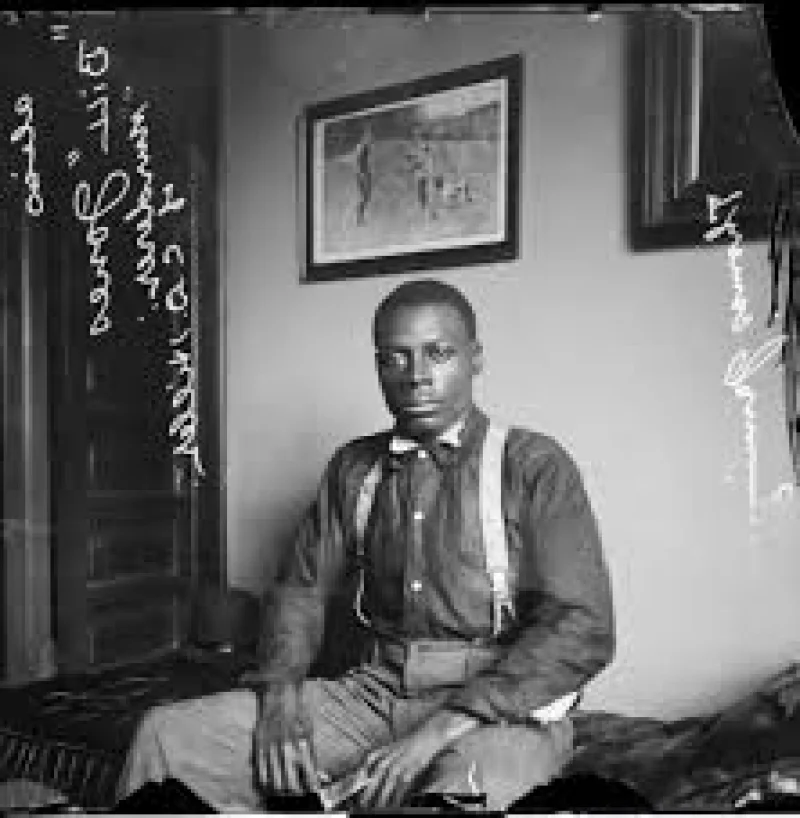Short Summary
Selman Waksman was a pioneering microbiologist and biochemist known for his groundbreaking work in the discovery of antibiotics. His most notable achievement was the discovery of streptomycin, the first effective treatment for tuberculosis, which earned him the Nobel Prize in Physiology or Medicine in 1952. Waksman's contributions significantly advanced medical science and led to the development of numerous antibiotics, saving countless lives worldwide.
Early Life & Education
Selman Waksman was born on July 22, 1888, in Nova Pryluka, Russian Empire (now Ukraine). He grew up in a Jewish family and developed an early interest in science and nature, influenced by his rural surroundings. In 1910, he emigrated to the United States, where he attended Rutgers University, earning a Bachelor of Science degree in agriculture in 1915. He continued his education at the University of California, Berkeley, where he obtained a Master of Science degree in 1916, followed by a Doctorate in Biochemistry in 1918. His academic foundation laid the groundwork for his future contributions to microbiology.
Career Highlights
Waksman's distinguished career began with a position at Rutgers University, where he conducted extensive research on soil microbiology. His work focused on the study of actinomycetes, a group of filamentous bacteria found in soil. In collaboration with his students and colleagues, he discovered several antibiotics, including streptomycin in 1943, which marked a significant breakthrough in the fight against tuberculosis. Waksman's research led to the development of over 20 antibiotics, revolutionizing the treatment of bacterial infections. His work not only transformed medical practices but also established microbiology as a vital scientific field.
Major Achievements
- Discovered streptomycin, the first antibiotic effective against tuberculosis, in 1943.
- Awarded the Nobel Prize in Physiology or Medicine in 1952 for his contributions to the discovery of antibiotics.
- Authored numerous scientific papers and books on microbiology and antibiotics.
- Founded the Institute of Microbiology at Rutgers University in 1949.
- Coined the term "antibiotics" to describe substances produced by microorganisms that inhibit the growth of other microbes.
Famous Quotes
- "We must not forget that it is not a bacterium that produces a disease, but rather a diseased organism that develops a bacterium."
- "The soil is the great connector of lives, the source and destination of all."
Interesting Facts
- Waksman was awarded the Presidential Medal of Merit in 1948 for his contributions to science.
- He emigrated to the United States at the age of 22, seeking opportunities in the field of science.
- His research on soil microorganisms paved the way for the development of the modern pharmaceutical industry.
- Waksman's work significantly contributed to the control of infectious diseases in the 20th century.
- He mentored many students who went on to make significant contributions to microbiology.
Legacy / Influence
Selman Waksman's legacy is profound, as his discoveries revolutionized the field of medicine and significantly improved human health. His work on antibiotics laid the foundation for the development of modern antimicrobial therapies, transforming the treatment of bacterial infections. Waksman's influence extends beyond medicine, as his research on soil microbiology contributed to advancements in agriculture and environmental science. His contributions continue to inspire scientists and researchers worldwide.
FAQ
Q: Why is Selman Waksman famous?
A: He is famous for discovering streptomycin, the first antibiotic effective against tuberculosis.
Q: What award did Waksman receive for his work?
A: He received the Nobel Prize in Physiology or Medicine in 1952.
Q: What was his contribution to microbiology?
A: Waksman conducted pioneering research on soil microorganisms and discovered multiple antibiotics.
Q: Where did Waksman conduct his research?
A: He conducted most of his research at Rutgers University, where he also founded the Institute of Microbiology.













